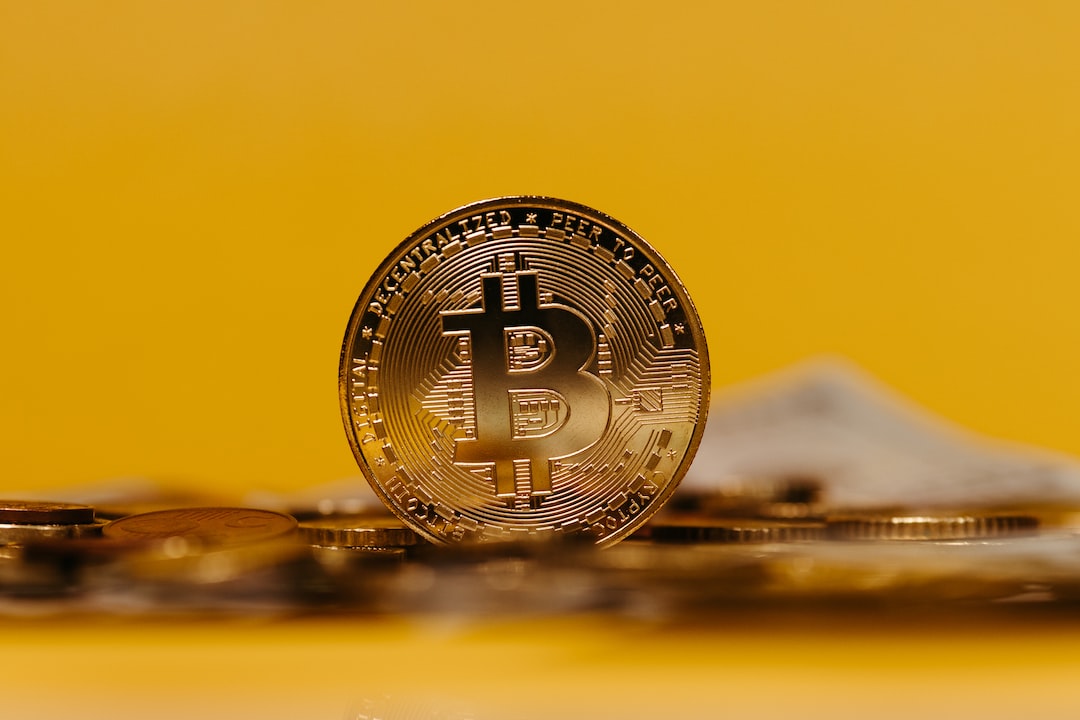Summary:
Binance US has filed a motion to limit the SEC’s investigation into the company, claiming that the regulator has exceeded the parameters of the consent agreement. The SEC had filed a lawsuit against Binance US in June, alleging improper registration and commingling of user assets. Binance US argues that the SEC has spent the last 45 days serving overbroad and unreasonable discovery requests, without providing any evidence of a breach in handling user assets. The exchange has already provided hundreds of documents and depositions from staff with direct knowledge on the matter. Binance US suggests that staff who have primary knowledge of user assets should make depositions with the SEC, as the requests for information from senior executives would be burdensome and unnecessary.
Key Points:
– Binance US has filed a motion to limit the SEC’s investigation into the company.
– The SEC had filed a lawsuit against Binance US in June, alleging improper registration and commingling of user assets.
– Binance US claims that the SEC has served overbroad and unreasonable discovery requests without providing any evidence of a breach in handling user assets.
– The exchange has already provided hundreds of documents and depositions from staff with direct knowledge on the matter.
– Binance US suggests that staff with primary knowledge of user assets should make depositions with the SEC, instead of senior executives.
Hot Take:
Binance US is pushing back against the SEC’s investigation, claiming that the regulator is overstepping its bounds and making unreasonable demands. The exchange argues that it has already provided significant documentation and depositions, and that the requests for information from senior executives are excessive. Binance US believes that the SEC’s approach goes beyond the scope of the investigation and is not justified by any evidence of wrongdoing. This case highlights the tensions between crypto exchanges and regulatory bodies, as they navigate the evolving landscape of digital assets.





 By
By
 By
By
 By
By
 By
By
 By
By
 By
By